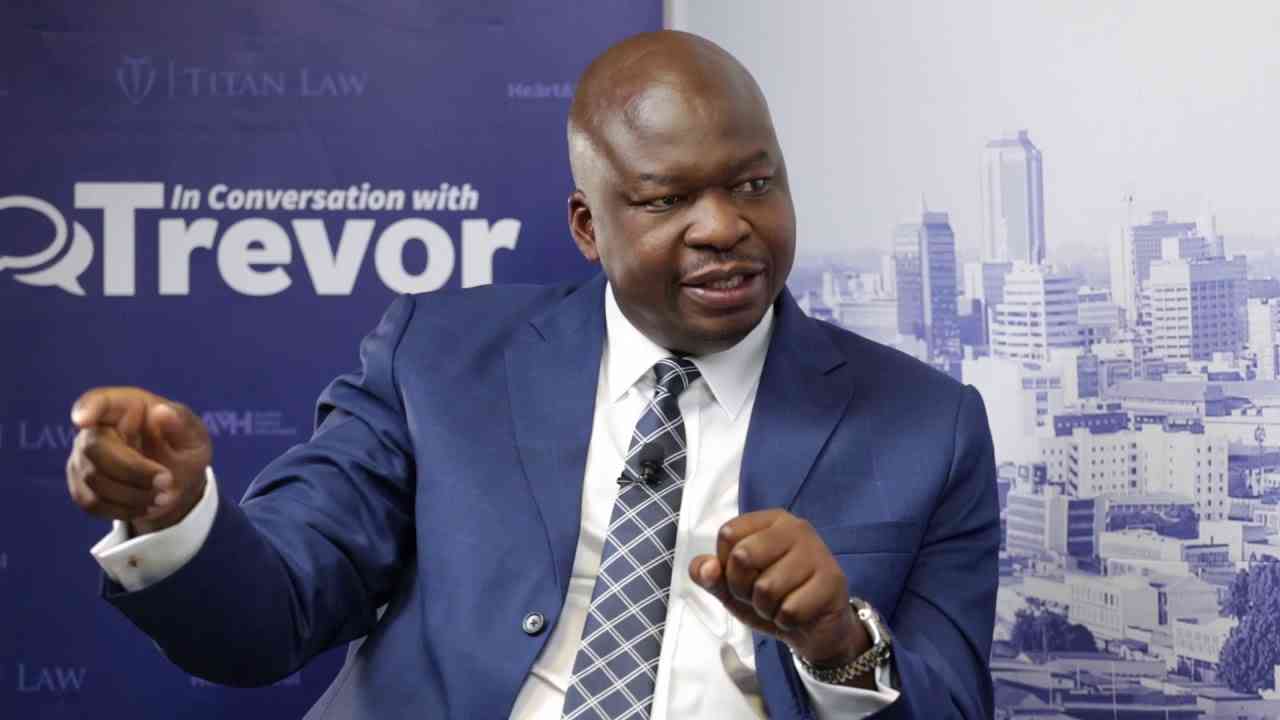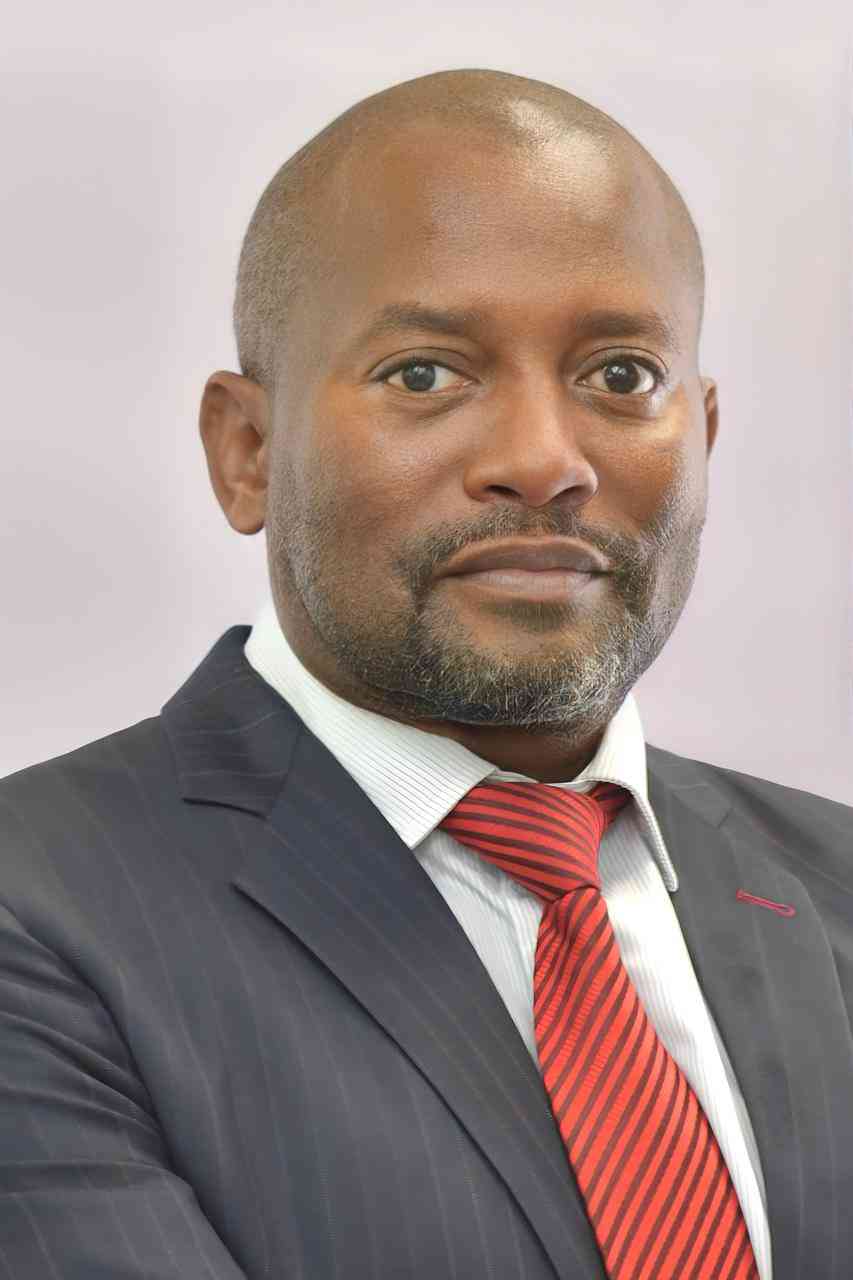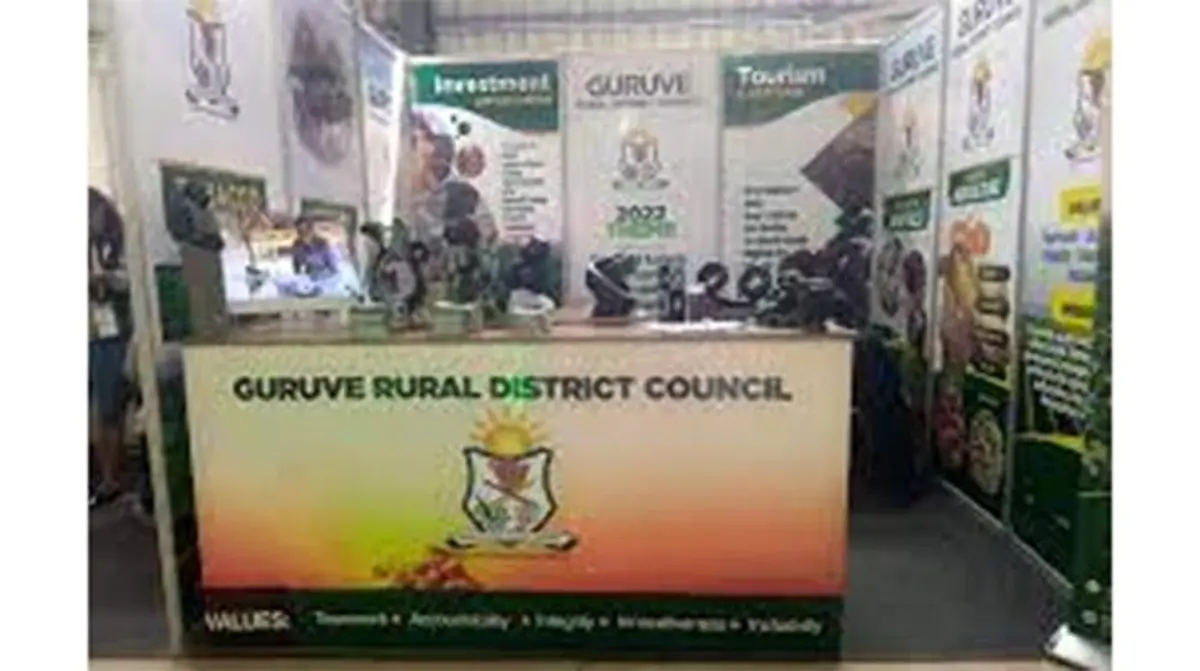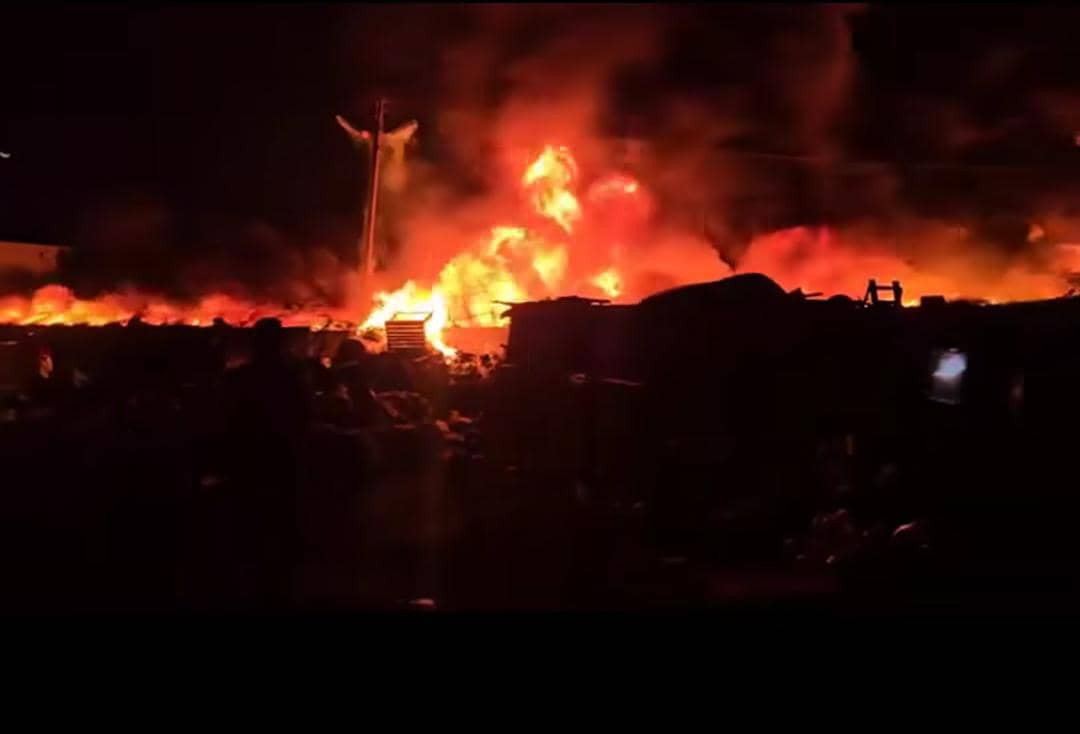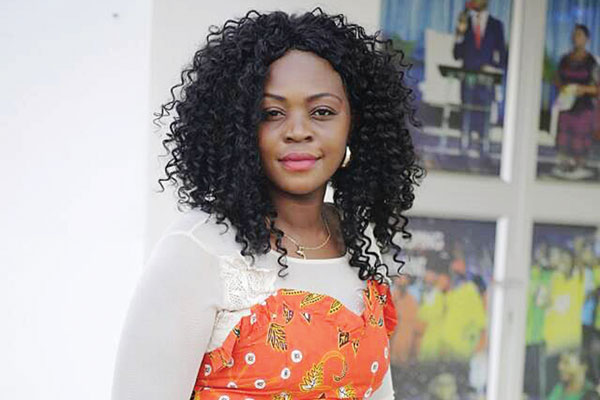
BY VANESSA GONYE
Aspiring young Zimbabwean female politicians continue to face sexual harassment among several impediments in their quest to enter the political arena.
Zanu PF Seke-Chikomba women’s quota Member of Parliament, Tatenda Mavetera says due to the patriarchal nature of society, men tend to exploit women before granting them political favours.
“A big challenge (for us female politicians) is sexual harassment from the gatekeepers (men). I have heard a lot of women talk about this, this is one of the biggest challenges where you get men wanting to sleep with you and they think that is how they can give you a favour, or that they can manage you.
“Resources are also another challenge but we need women to occupy these positions so that we are not victimised,” she said.
Mavetera, one of the few young women in the National Assembly, applauded President Emmerson Mnangagwa for allocating seats to young politicians, saying the move was a positive step in ensuring participation of young people in politics.
She, however, said she hoped for a constitutional provision that allowed certain constituencies to be allocated to young women or young people to facilitate their participation in politics.
“We need to demystify the myth that politics is a dirty game or that for women to occupy certain positions it’s because they slept with someone.
- Chamisa under fire over US$120K donation
- Mavhunga puts DeMbare into Chibuku quarterfinals
- Pension funds bet on Cabora Bassa oilfields
- Councils defy govt fire tender directive
Keep Reading
“That is a very wrong myth and a very negative one which stops people from getting into politics.
“It then stops even a husband from allowing his wife to get into politics as they think their marriage will break.
“That is a very wrong perception which needs to change. I think we need more workshops, more women being encouraged, and more publicity when it comes to issues to do with women getting into politics.”
“They need to know, and get motivation that they can actually get into politics through meritocracy, you can actually go there through merit and that is what I have done.
“I never got to where I am because I slept with someone. I think as women, we need to take up these positions and not sit on the periphery and watch things happening.
“We need to be involved in these things because the moment we start participating, that is when we can economically emancipate ourselves out of poverty as women.
“As young women we can only be able to achieve this if we become focused. There is no change for us without us,” she said.
Mavetera, however, said acceptance and resources also hinder political participation of young women.
“We live in a highly patriarchal society and there are gatekeepers in politics that make sure you don’t penetrate.
“One other challenge that we have faced is acceptance, people are now used to having MPs that are a bit more mature than my age.
“For me, I have tried to occupy that space with dignity, integrity and also even making sure that people are able to respect you because of the way you carry yourself around being a female politician,” she said.
Womendeliver.org, in a 2018 assessment, said “over the last two decades, the rate of women’s representation in national Parliaments globally had incrementally increased from 11,8% in 1998 to 17,8% in 2008 to 23,5% in 2018.”
Zimbabwe, during the 2018 elections saw many young women taking up positions in the country’s political space.
A 2015 UNWOMEN report, detailing the 2013 elections said: “Women’s representation in the Parliament of Zimbabwe remains low at 35% following the last elections in July 2013. Female representation in the country’s 92 urban and rural councils still remains below 20% and the country’s new 26-member Cabinet has only three female ministers.”
Esteri Magaisa, a programmes officer for the Women’s Academy in Leadership Excellence said female youth participation in politics was low in Zimbabwe.
“While a high number of women in general participate as voters, the number of women in elected leadership positions continues to dwindle. In the 2013 constituency-based elections, women won 29 (13,8% of total) of the 210 directly elected seats; the figure dropped to 26 (12,3%) after the July 2018 elections.
“In the local government elections, the percentage of female councillors dropped from 16% in 2013 to 13,3% in 2018. In all this, there is no significant seat being held by a female youth,” she said.
Magaisa added: “On the other hand there is a quota system provision in the 2013 Constitution which allows for 60 free seats for women in Parliament.
“However, there is no clear provision on how to include young women in mainstream politics.
“Notable, are young women who are in leadership roles at party level, however, none of them has competed for and won political office at the national level.”
She, however, said there was need for legal reforms, which speak to the introduction of a gender equality quota at political party level with sanctions for non-compliance.
“The government should engage political players, especially political parties, to ensure that they actively involve and appoint more women in their political structures. The Zimbabwe Electoral Commission could be mandated not to allow a political party which does not confirm to the quota system to register for any electoral competition.
“There is also need to legally protect women and girls active in political life against all forms of violence, abuse and sexism,” she said.
According to a UN report on Zimbabwe, “the participation of women in politics and in decision-making positions has continued to be a challenge for government.
Zimbabwe has a gender empowerment measure of 0,359 and it is ranked five out of nine selected Sadc countries according to the Sadc human development report.
Although there are no legal barriers prohibiting women from participating in public and political life, the number of women in politics and decision-making positions has continued to decline over the years.”
A gender analysis carried out by the Harare Residents’ Trust after the 2018 elections showed that out of the 86 women who contested in the 46 wards in Harare, only 12 won.
There are plenty of international conventions that are backed by domestic policies aimed at improving the representation of women in key positions to which Zimbabwe is a signatory.
These include the Convention on the Elimination of All Forms of Discrimination Against Women (Cedaw), the Southern African Development Community (Sadc) Gender and Development Declaration which stipulates that countries must ensure that at least 30% women are in political decision-making by 2005, and 50% by 2015, the Convention on Civil and Political Rights (Ccpr) and the Beijing Declaration on the Platform for Action (1995), to mention a few.
The political landscape in Zimbabwe is still far from achieving what these conventions call for.
- Follow Vanessa on Twitter @vanessa_gonye

